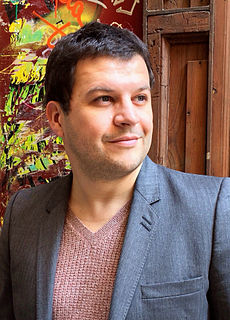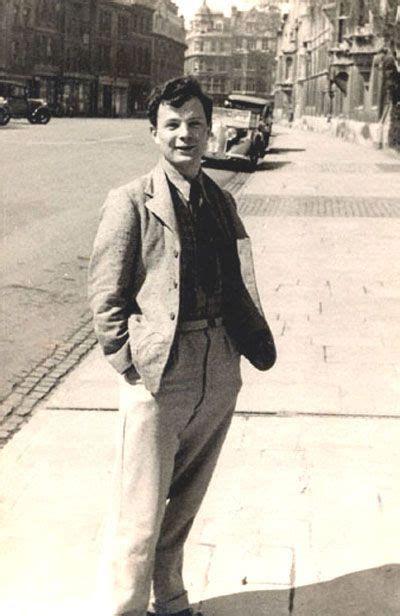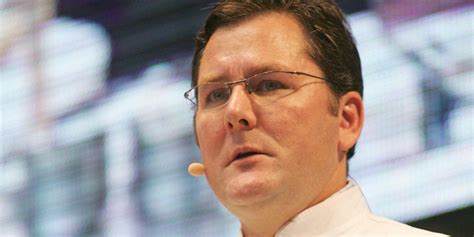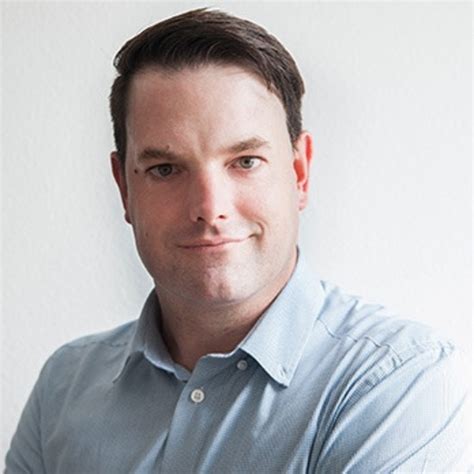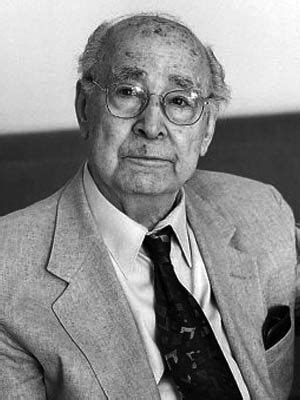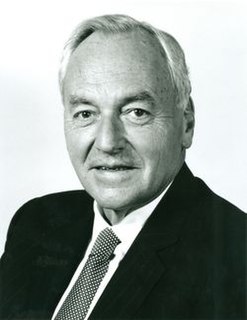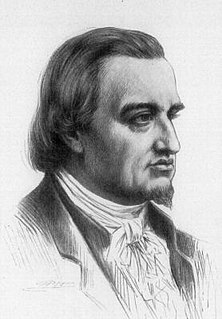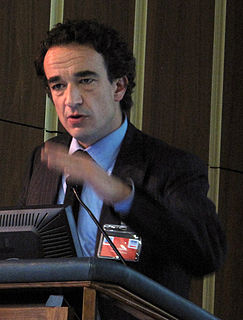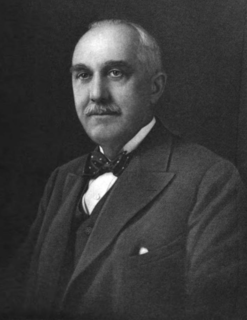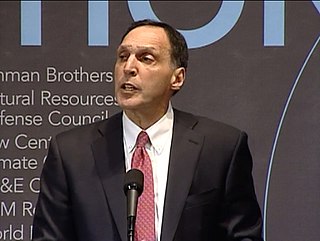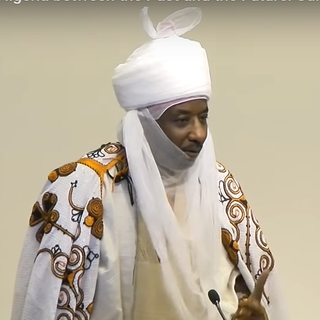A Quote by Christine Jennings
The Oneida Perfectionists, along with some of the others, believed that feminism, and abolitionism, and other causes that they pursued in their own way without participating with other people outside of their communities, were all piecemeal reforms. That's what makes a utopian a utopian, this idea that they were going to create a whole new world from scratch.
Related Quotes
They were now both ready, not to begin from scratch, but to continue with a love that had survived for thirteen years in hibernation. They were no longer travellers without baggage. They were no longer twenty. They'd both been around the block a bit and had suffered without the other. They'd both lost their way without the other. Each had tried to find love with other people. But all that was now finished.
But even if we were to disappear, people would still be divided into people and Others. No matter how those Others were different.People can't get by without Others. Put two people on an uninhabited island, and you'll have a human being and an Other. And the difference is that an Other is always tormented by his differentness. It's easier for people. They know they're people, and that's what they ought to be. And they all have no choice but to be that way. All of them, forever.
They were not friends, Comdrade Pillai and Inspector Thomas Matthew, and they didn't trust each other. But they understood each other perfectly. They were both men whom childhood had abandoned without a trace. Men without curiosity. Without doubt. Both in their own way truly, terrifyingly, adult. They looked out into the world and never wondered how it worked, because they knew. They worked it. They were mechanics who serviced different parts of the same machine.
Other people’s words are so important. And then without warning they stop being important, along with all those words of yours that their words prompted you to write. Much of the excitement of a new novel lies in the repudiation of the one written before. Other people’s words are the bridge you use to cross from where you were to wherever you’re going.
I was really interested in 20th century communalism and alternative communities, the boom of communes in the 60s and 70s. That led me back to the 19th century. I was shocked to find what I would describe as far more utopian ideas in the 19th century than in the 20th century. Not only were the ideas so extreme, but surprising people were adopting them.
'A Valley Without Wind' takes the idea of dungeon crawls and throws it on its head by casting you as a magic user in this 2D platforming labyrinth of a world. From NPC's to rescue, spells to learn, and a whole civilization you practically need to build back from scratch, this adventure takes to a new world where few other games dare to go.
Passion for equality blinds the utopian to the fact that society, as a whole, is based on inequality of men in two respects: the inventor, the innovator, the exceptional man creates something new and insures continuous progress; the others emulate his work or merely improve their own lot by benefiting from his creativity.


